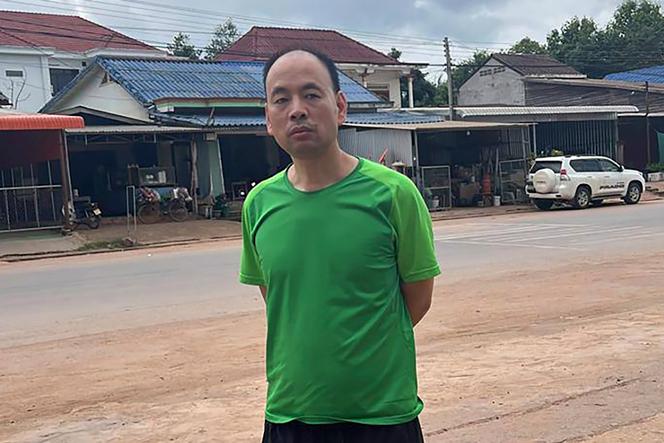


Laotian authorities' detention of Lu Siwei, a Chinese human rights lawyer who fled China but is not the subject of an arrest warrant, has put this small Communist country – which is heavily dependent on Beijing – in a delicate situation. International mobilization is mounting in support of the lawyer, while Vientiane – which claims to have arrested him because of the "fraudulent travel documents" he presented as he passed through immigration control on his way to Thailand – is under pressure from China to send him back. Lu is being held incommunicado, in legal conditions that are incompatible with a simple violation of immigration rules.
"Official requests from his lawyers to meet with him have gone unanswered. The Laotian government is apparently afraid to give any reason why access to him should be blocked. His lawyers consider that this is now a political matter rather than a legal one. And that it is being directly managed at the highest level of the Laotian government," revealed Peter Dahlin, co-founder of the Spanish NGO Safeguard Defenders, which specializes in dealing with the "enforced disappearances" of dissidents as organized by the Chinese regime in China or abroad.
Lu is one of the Chinese lawyers targeted by Xi Jinping's regime, which accuses them of "using the law for political ends" when defending opponents of the Chinese Communist Party. In Lu's case, he is defending one of the 12 Hong Kong protesters who were intercepted in 2020 by the Chinese coastguard while they were attempting to reach Taiwan clandestinely on a speedboat. In retaliation, the lawyer was disbarred.
In May 2021, he wanted to go to the United States, where he had been granted a scholarship, with his wife and daughter but discovered when passing through Chinese immigration control that he was subject to a ban on leaving the country – another of the political police's tools for controlling dissidents. His wife and daughter flew alone to the United States.
Two years later, in July 2023, the lawyer decided to join them: he secretly left China and entered Laos, where two American members of ChinaAid, a Christian NGO aiding Chinese dissidents, were waiting for him. With his passport bearing both Thai and American visas, he was arrested on July 28 not far from Vientiane, at the train station crossing the Mekong River, the border between Laos and Thailand. He was taken away by police officers despite the protests of his two companions.
Rights NGOs then decided to publicize his case. His wife spoke out publicly on August 6, demanding that the Laotian authorities release him and allow him to seek asylum in another country. In London on Monday, August 7, exiled Hong Kong human rights activists and their supporters took a petition to the Laotian embassy in the UK. In Vientiane, American diplomats in particular have voiced their concerns.
You have 41.79% of this article left to read. The rest is for subscribers only.
